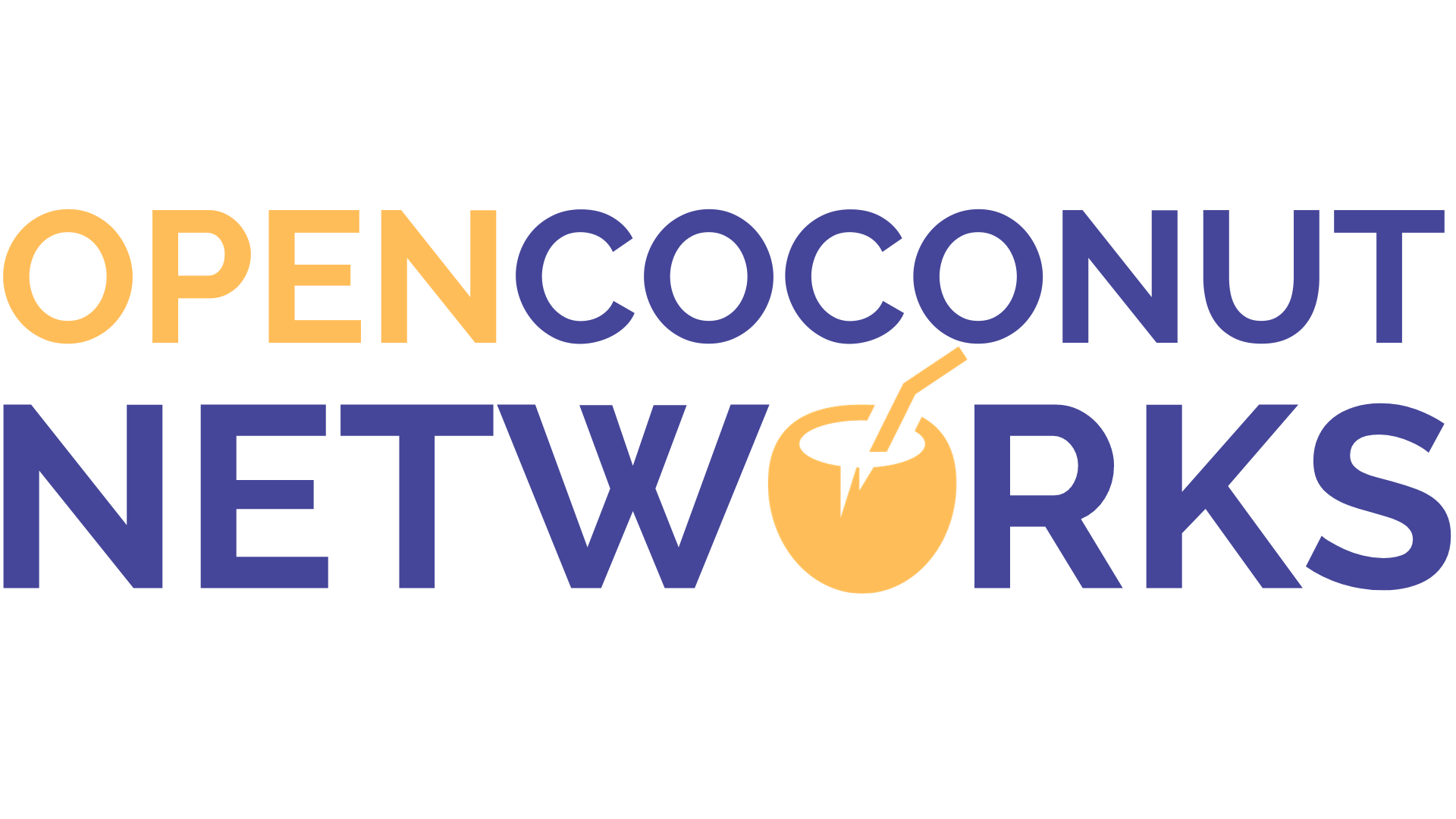A cloud-based IP PBX, often referred to as a hosted PBX or virtual PBX, is a modern approach to business telephony wherein the entire phone system is hosted in the cloud, as opposed to having physical hardware on-premises. It leverages IP (Internet Protocol) technology to manage call routing, features, and functionalities over the internet.
Here's a breakdown of cloud-based IP PBX:
- No On-Premises Equipment: Unlike traditional PBX systems that require physical equipment (like servers and switchboards) to be installed at the business location, a cloud-based IP PBX system hosts all the necessary infrastructure in data centers, managed by the service provider.
- Accessibility: Since the system is cloud-based, users can access their business phone system from anywhere with an internet connection. This makes it highly beneficial for businesses with remote or distributed teams.
- Scalability: One of the standout features of a cloud-based system is scalability. Businesses can easily add or remove users or features based on their needs without worrying about capacity constraints or physical hardware.
- Cost-Efficiency: With no need for on-site equipment and its associated maintenance, businesses often find cloud-based solutions more cost-effective. They typically operate on a subscription model, which includes updates, maintenance, and customer support.
- Features: A cloud-based IP PBX can offer a wide array of features similar to, or even exceeding, traditional systems. This includes call forwarding, voicemail, auto-attendants, call recording, conferencing, integrated messaging, and more.
- Reliability: Reputable cloud PBX providers invest in redundant infrastructure to ensure high uptime. If one data center faces issues, the traffic can often be rerouted to another, ensuring continuous service.
- Security: While transmitting voice over the internet does raise security concerns, many cloud PBX providers offer robust security measures, including encryption, fraud detection, and secure access controls. Additionally, they often have dedicated teams to monitor and address potential security threats.
- Integration: Many cloud-based IP PBX systems can integrate with other cloud-based business tools, such as Customer Relationship Management (CRM) software, team collaboration tools, and more. This allows for unified communications and streamlined business processes.
- Updates and Maintenance: With a cloud-based system, the service provider manages updates and maintenance. This ensures that businesses always have access to the latest features and security patches without having to worry about manual updates.
In essence, a cloud-based IP PBX offers businesses a modern, flexible, and feature-rich phone system without the need for significant capital expenditure or on-site technical expertise. It aligns well with the broader trend of businesses moving their IT infrastructure and services to the cloud.

Open Coconut Networks
Avenue Léon Champagne, 2
1480 Saintes
Belgium
tel. +32 498 62 53 24
mail : aloha@opencoconut.net
VAT : BE 0761.936.285



